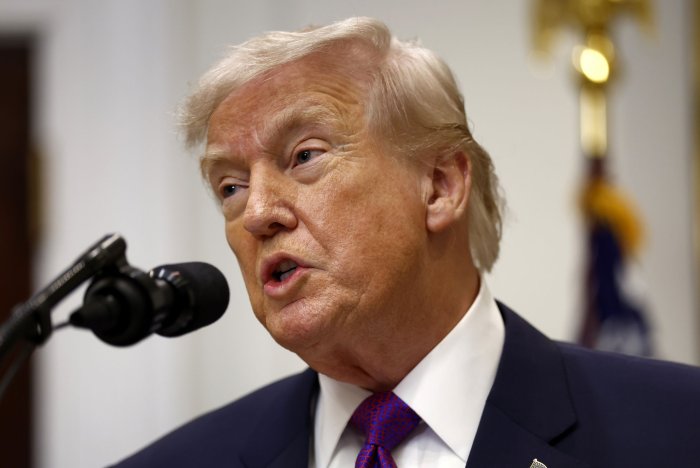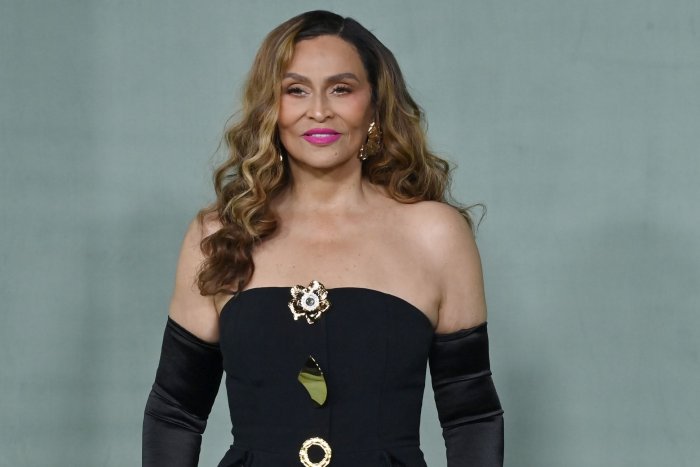Warner Bros. Discovery may reopen talks with Paramount Skydance
Feb. 16 (UPI) — Warner Bros. Discovery is considering reopening talks with Paramount Skydance after Paramount sweetened its offer to buy the company last week, sources say.
Bloomberg News first reported Sunday that WBD was considering the offer.
In October, Warner Bros. said it was open to offers, and on Dec. 5, after a bidding war between Netflix and Paramount, WBD agreed to Netflix’s offer. Then Paramount launched a hostile bid to buy WBD, but the board wasn’t budging. Then Paramount announced that Oracle creator Larry Ellison was backing the deal with $40 billion in equity. On Jan. 20, Netflix changed its offer to all cash, then on Feb. 10, Paramount did the same and added some sweeteners.
The sweetened deal included paying the $2.8 billion termination fee that WBD would owe Netflix and an agreement to back WBD’s debt costs. It also agreed to pay a ticking fee of 25 cents per share for each quarter the deal is delayed, starting in 2027, totalling about $650 million in cash per quarter.
Paramount and Netflix have both said they would be willing to raise their bids, Bloomberg reported. This is the first time, though, that WBD has given serious consideration to Paramount’s offer. It has until Feb. 25 to respond to Paramount’s offer.
Some WBD shareholders, including the investment firm Ancora, have expressed concerns with Netflix’s deal. One main issue is whether it would pass federal scrutiny. Paramount’s connection with Larry Ellison is a bonus because he’s friendly with President Donald Trump, who has said he would get involved with the process.
Last week, Paramount appointed Rene Augustine as its senior vice president of global public policy. Augustine is a former lawyer in the Trump administration, further bolstering Paramount’s regulatory clout.
Netflix has said it’s confident it can pass regulatory scrutiny. Its co-CEO Ted Sarandos faced a Senate hearing on Feb. 4 about the deal. Paramount didn’t participate.
Warner Bros. is waiting for the Security and Exchange Commission to approve its filings, which would allow it to schedule a shareholder vote on the Netflix offer.



